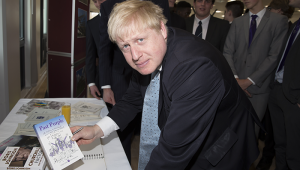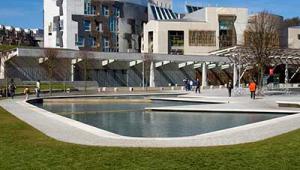The analysis by the Child Poverty Action Group and Institute for Public Policy Research, suggests that working families with three children will be £2,780 worse off every year as a result of the cut.
Applied from Thursday, the changes will affect families who claim tax credits and universal credit. The latter is currently being rolled out and will replace tax credits completely by 2022.
The new rules mean that children born after April 6 into households with two or more children already, will not be counted in benefit payments to their parents, under either tax credits or universal credit.
Larger, non-working families already have their benefit awards limited by the benefit cap.
It is estimated that more than 850,000 families with more than two children could be affected, around two thirds of whom will be working. Approximately two thirds will have only three children.
Chief executive of CPAG, Alison Garnham, said: “This is a particularly pernicious cut because it suggests some children matter more than others. It’s also illogical because no parent has a crystal ball.
“Families that can comfortably support a third child today could struggle tomorrow and have to claim universal credit because, sadly, health, jobs and relationships can fail.
“Our analysis shows another 200,000 children will be in poverty once universal credit is fully rolled out, directly because of this cut. Surely children should not have their life chances damaged because of the number of siblings they have.”
A Department for Work and Pensions spokesman said: “This policy helps ensure that parents on benefits have to make the same choices as those supporting themselves solely through work.
“Current claimants won’t see any reduction in their benefits as a result of this policy and we will continue to pay child benefit for all children in a household.”
Today’s research follows the publication of official annual poverty statistics last month that showed a jump in child poverty for the second year running.
Last year, 100,000 more children went into relative poverty, after housing costs, taking the total to four million.
In March, the Institute for Fiscal Studies issued a report on living standards, poverty and inequality in the UK that projected a 50% increase in child poverty by 2021.




















